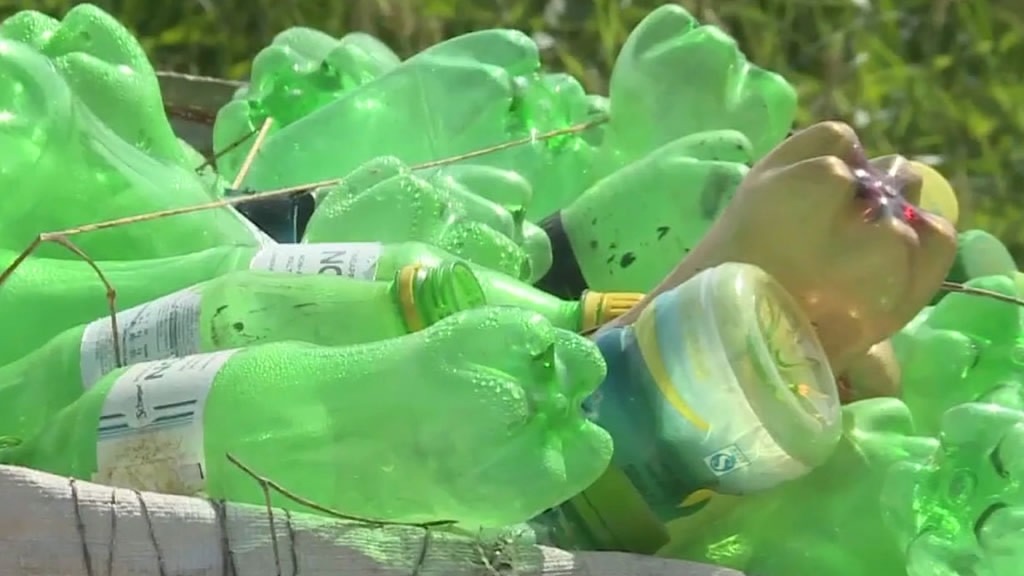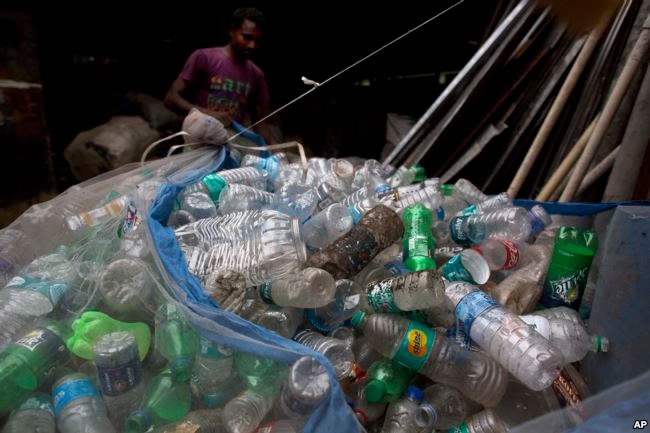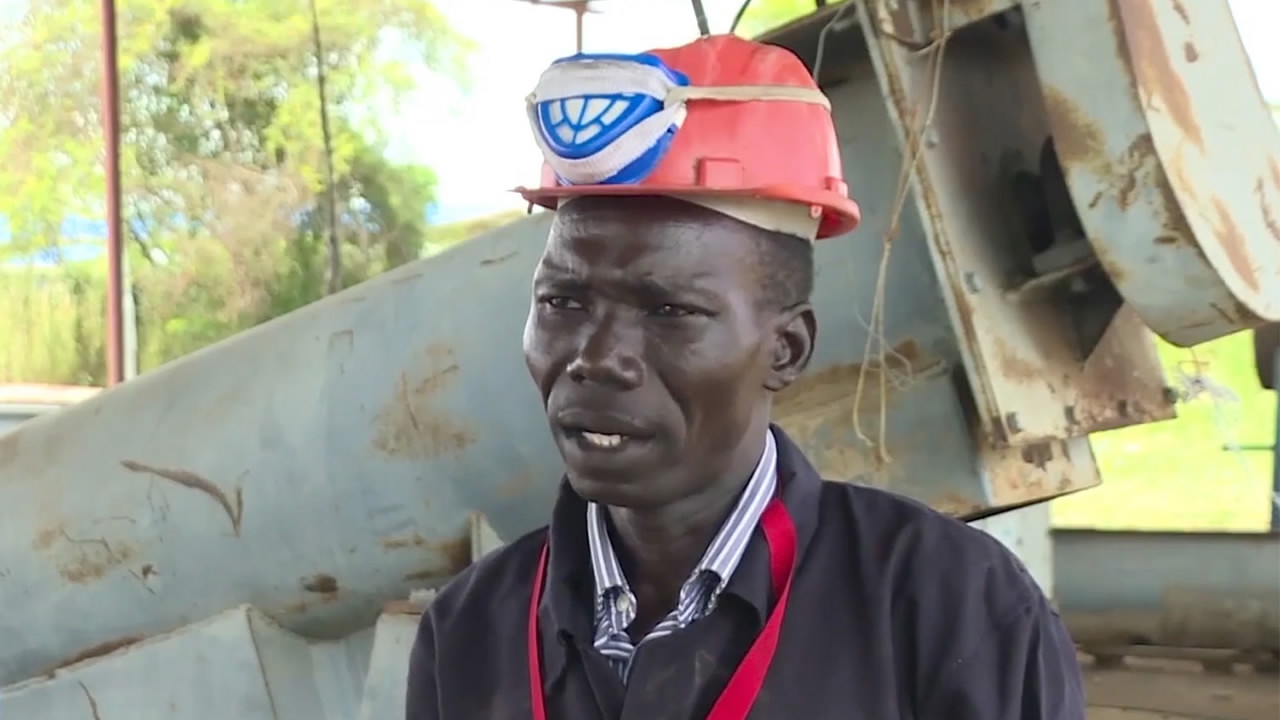
Tech & Sci
08:24, 28-Oct-2017
Recycling program rises from the rubble in South Sudan
By Patrick Oyet

The civil war dividing this nation has left environmental protection at the side of the road. Most South Sudanese don’t have a regular waste disposal service.
Discarded plastic containers are everywhere, and Abdallah Michael Charles has had enough.
“We are likely to expand to most of the states and even the whole of South Sudan so that we see that the environment, the community is actually safe from pollution from these plastics here, our water sources are safe,” said Charles, Environmental Protection Program Manager.

Most South Sudanese don’t have a regular waste disposal service, and discarded plastic containers are everywhere. /AP Photo
Most South Sudanese don’t have a regular waste disposal service, and discarded plastic containers are everywhere. /AP Photo
The non-government organization, Environmental Protection Program remains the country’s leader in protecting the environment and combating plastic pollution. The French government and the European Union have provided them with plastic crashing machines so that it can be exported to neighboring countries for recycling.
"In a day, we crash roughly one ton of plastics. That’s 1000 kilograms of materials, and if it’s plastic bottles, like 1.5 milliliters or the 300 milliners, we even crush over that because they are very light and the crushing becomes easy, more than one ton a day,” said Joseph Lagu, Environmental Protection Program production line employee.
This machine can’t handle plastic bags. They remain a potent problem throughout the country.
Environmental experts said recycling of plastics is just a small part of the solution to environmental pollution. They urge the South Sudanese government to come up with laws to put a total ban on manufacture, importation, and use of plastic bags and limit use of plastics in general.

Joseph Lagu, Environmental Protection Program production line employee /CGTN Photo
Joseph Lagu, Environmental Protection Program production line employee /CGTN Photo
In 2013, the Environmental Protection Program recycling plant began operating in Juba. The EPR plant has created much-needed job opportunities for locals who can collect and sell discarded plastics.
“When we collect these plastics, we sell and get some money and buy foodstuff from the market. These days, things are even very expensive. The money is small, but still we use some of the money we get from selling the plastics for paying our children to school,” said Rejoice Lada, plastics seller.
Any profit made by the EPR plant goes to covering operation costs like buying fuel for generators and paying the staff at the factory.
The Environmental Protection Program says it now wants to improve environmental awareness, though funding and support are threatened by the fragile security situation.

SITEMAP
Copyright © 2018 CGTN. Beijing ICP prepared NO.16065310-3
Copyright © 2018 CGTN. Beijing ICP prepared NO.16065310-3